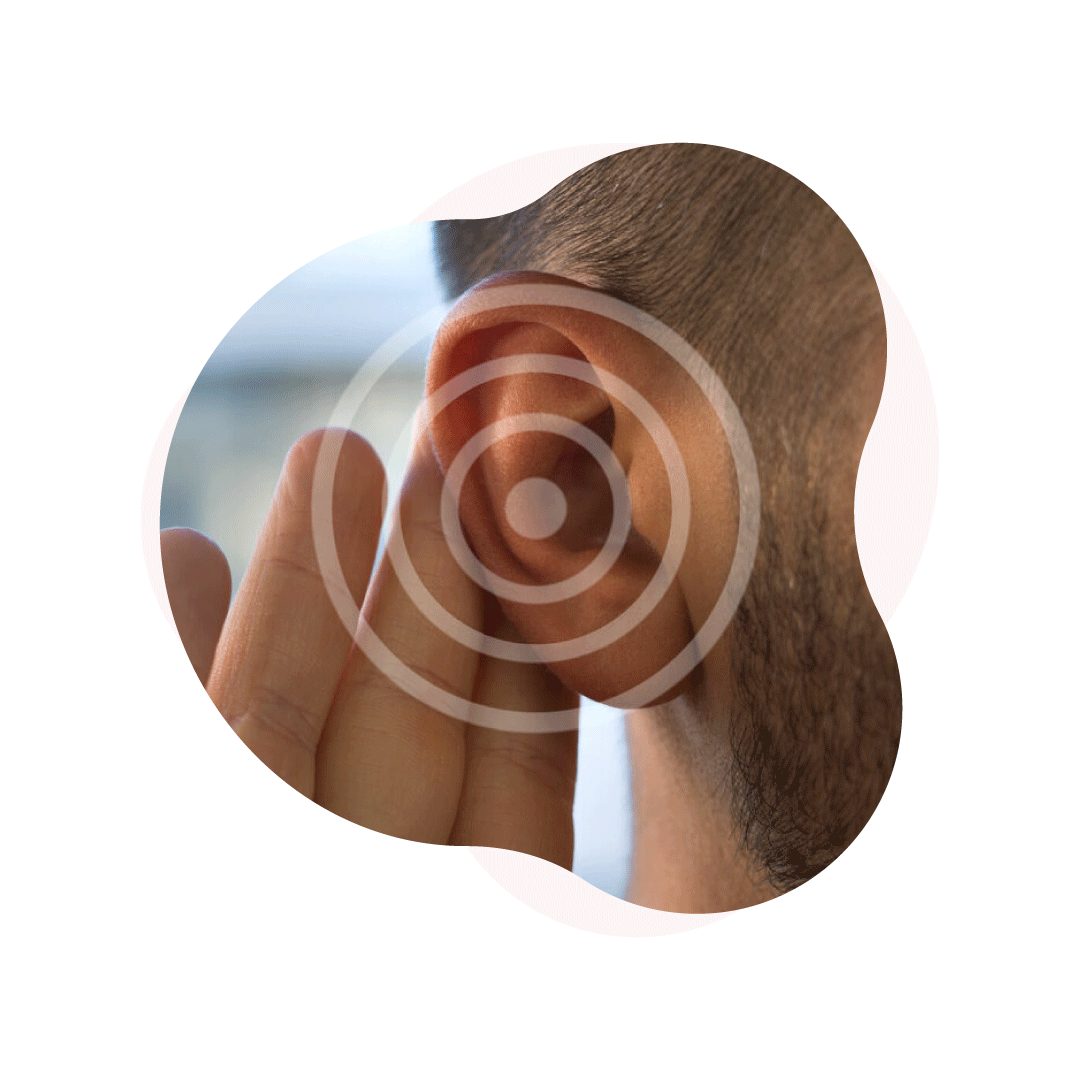Tinnitus Management
Tinnitus is a disorder that causes you to hear sounds that aren’t coming from somewhere else. The noises can be perceived as faint or loud and have a variety of properties (ringing, clicking, buzzing, roaring, whistling, or hissing). Usually, the person with tinnitus is the only one who can hear the sounds. Tinnitus can appear in one or both ears, as well as in the brain, and can occur with or without hearing loss.
What causes tinnitus in the first place? Although the actual cause of tinnitus is uncertain, the following are the most prevalent causes: • Loss of hearing • Being exposed to loud noises • Trauma to the head • Adverse effects of medications • Hypertension (high or low blood pressu re) • The ear canal is clogged with wax. • A accumulation of fluid behind the eardrum • Heart, blood vessel, neck, jaw, or tooth problems. .
You should have your tinnitus evaluated by a medical professional to rule out a medical cause. If you have any of the following symptoms, you should consult an otolaryngologist (ear, nose, and throat specialist).
• Tinnitus in one ear alone • Tinnitus that pulsates or sounds like your heartbeat (pulsatile tinnitus) • Tinnitus that is accompanied by a sudden or fluctuating hearing loss • Fullness or pressure in one or both ears • Tinnitus might make you feel dizzy or throw you off balance. .
Diagnosis • Detailed Audiological Evaluation has to be done • Tinnitus Retraining Therapy (TRT) What is the best way to deal with tinnitus? • Hearing aids. • Sound generators. • Combination instruments. • Relaxation techniques. • Counseling options.



